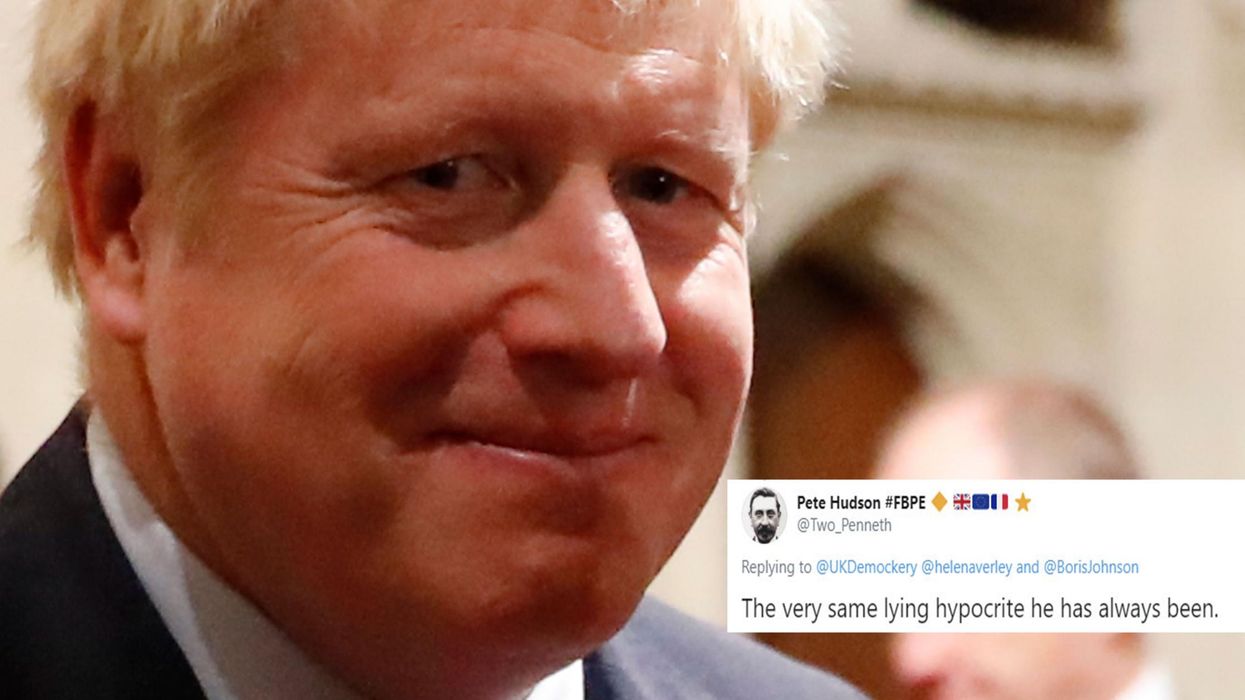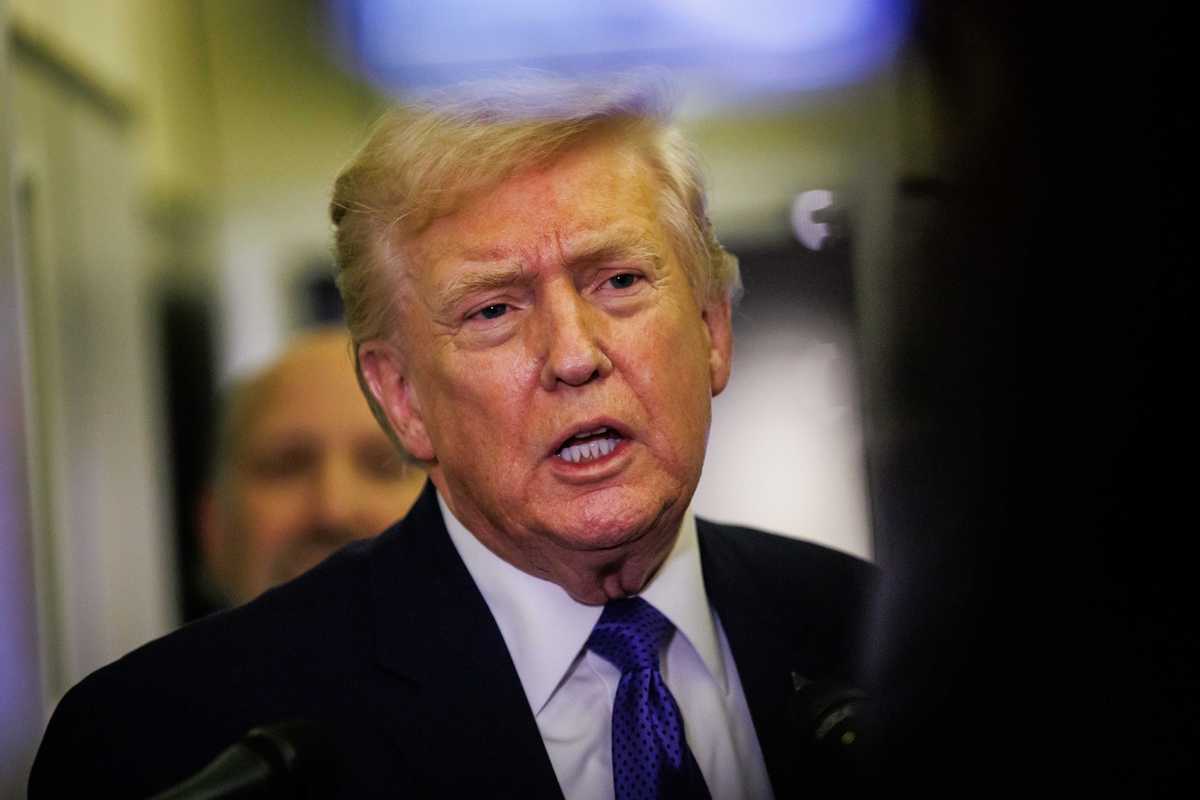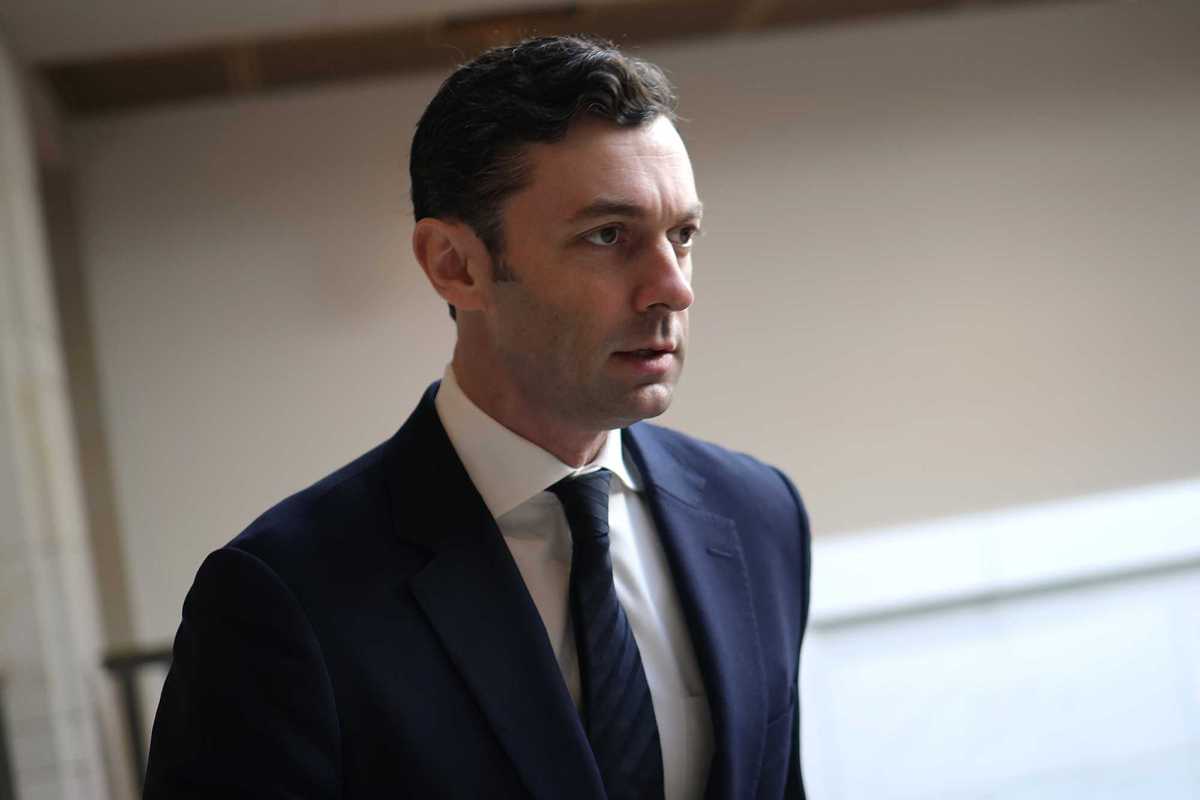Conrad Duncan
Oct 16, 2019
Boris Johnson has been accused of hypocrisy over his old comments about ID cards.
The Conservative government has announced plans to prevent people from voting unless they produce photo ID at polling stations.
However, the prime minister was a strong opponent of ID cards when Tony Blair’s Labour government suggested them.
Back in 2004, Johnson said he had spent the past few years travelling up and down the country complaining about the proposals.
He added that he would “physically eat” his ID card if he was ever forced to produce it.
And at another point, reportedly also in 2004, he described ID cards as “a recipe for tyranny and oppression.”
Of course, ID cards and presenting ID at polling stations are separate issues, but the fundamental point from Johnson’s 2004 piece still stands.
Why should someone have to produce evidence that they are who they say they are when they have, in Johnson’s own words, “done nothing wrong”?
Some supporters of the plans have argued voter ID is needed to stop electoral fraud but there isn’t very much evidence to support that argument.
For example...
In 2018, the Electoral Commission said there was no evidence of large-scale electoral fraud, with only one conviction from the 266 cases investigated by the police.
In 2017, there was also only one conviction, while eight suspects accepted police cautions for their actions.
The flimsy justification for voter ID has caused Labour and the Liberal Democrats to accuse Johnson of attempting to suppress election turnout in his favour.
Some demographic groups are especially likely to not have a version of photo ID - although the government has promised free ID will be available.
Darren Hughes, the chief executive of the Electoral Reform Society, told the Guardian on Sunday:
When millions of people lack photo ID, these mooted plans risk raising the drawbridge to huge numbers of marginalised voters – including many elderly and BAME [black, Asian and minority ethnic] voters.
That's one of the major reasons why opposition MPs are suspicious of the government's plans.
The other major reason is the proposal is expected to cost up to £20m to enforce per election, which is a lot of money for a problem that appears to barely exists.
More: Jeremy Corbyn's face when standing next to Boris Johnson has become an instant meme
Top 100
The Conversation (0)














